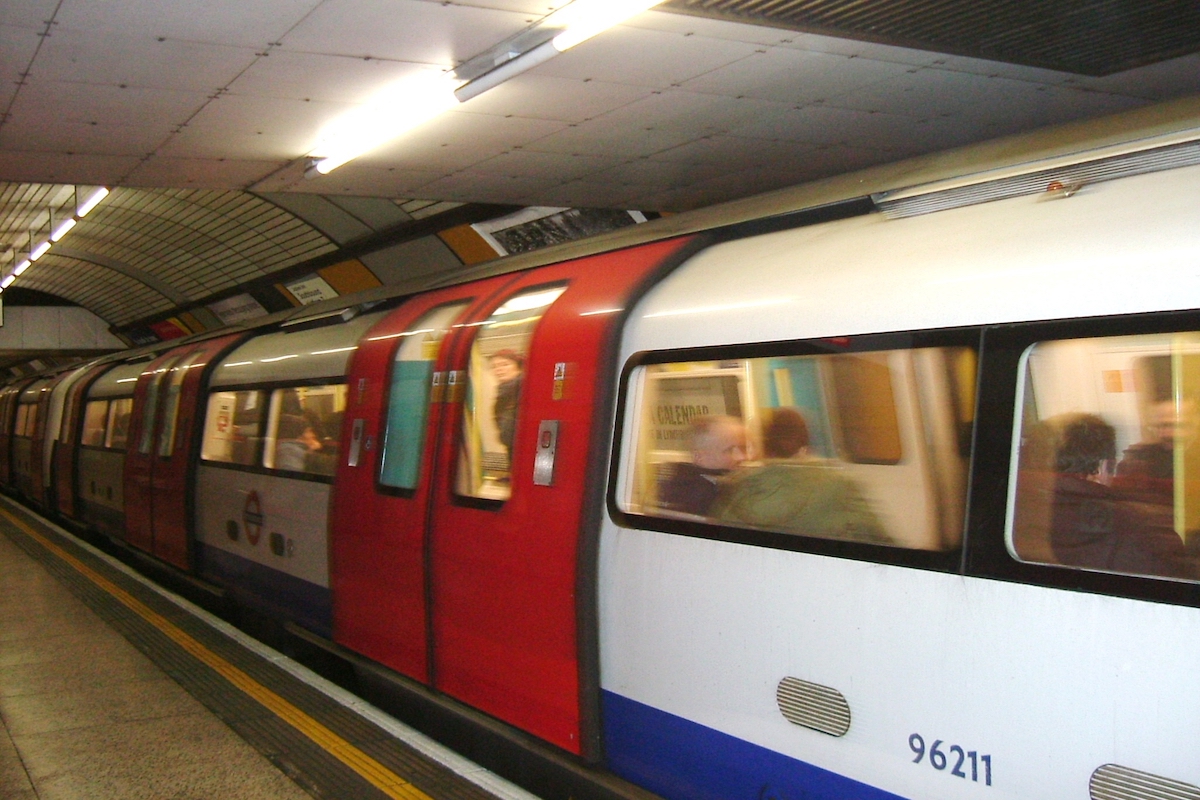London businesses suffer from poor broadband connectivity
Poor connectivity is a significant threat to capital’s productivity, says London Assembly


The economic productivity of London's businesses is being severely hampered by poor broadband and slow 4G speeds, according to a report published by the London Assembly.
TheRegeneration Committee of the Assembly's reportsaid that the capital's broadband lags behind York, Coventry and Edinburgh despite its role as a global competitive city.
It pointed to data from Thinkbroadband that found that out of 63 UK cities at the end of 2016 London ranked 30 with 77.4% of premises covered by ultrafast broadband connections. It said that in Europe, London performs poorly, ranking 26 out of 33 capital cities in 2014 for its average download broadband speed. This compared with other UK towns and cities such as Worthing with 93.31%, Luton with 92.93%, Cambridge with 91.77% and Brighton with 91.06%.
Compared with Europe, London managed average speeds of 26.29Mbps, compared with Bucharest at 81.18Mbps, Paris at 78.15Mbps and Vilnius at 60.14Mbps.
Too many "not-spots" existed in London where there was very low or no broadband connectivity, according to the report, which pointed to Westminster, the City of London and Southwark as having particularly poor connectivity. It said this was down to problems such as the length of copper lines, the street layout or the height of buildings.
"London's economic productivity and international competitiveness face a significant threat in the form of poor digital connectivity," the report said. "The capital is poorly served, suffering from not-spots', digital deserts' and a lack of fibre connections." It said London is far behind smaller UK cities because telecommunications companies are "struggling to deliver for the capital's business and residents".
The report called on London's soon-to-be appointedchief digital officer (CDO)to confront the problem.
Get the ITPro daily newsletter
Sign up today and you will receive a free copy of our Future Focus 2025 report - the leading guidance on AI, cybersecurity and other IT challenges as per 700+ senior executives
"Commercial viability is also more challenging for parts of London where residential density is very low," the London Assembly's report said. "Upgrading the infrastructure also means cabling, digging up roads and pavements, which are all costly and cause disruption."
It also wants the capital's CDO to work with London boroughs to tackle administrative and planning barriersto better connectivity and digital skills within London firms.
"The lack of digital skills holds back economic development. Most small businesses that use digital functions (ranging from email to cloud computing) are twice as likely to report an increase in turnover than the 30% of small businesses in London that do not have basic digital skills," said the report.
Regeneration committee chairman Navin Shah said: "London's digital connectivity is frankly embarrassing in some areas and will no doubt lead to major issues in terms of the city's global attractiveness as a place to live, work and do business. We need to act before it is too late and London's success is threatened.
"More can be done to solve London's connectivity problems and with the imminent appointment of the CDO, the mayor can provide real strategic leadership in this essential area."
Rene Millman is a freelance writer and broadcaster who covers cybersecurity, AI, IoT, and the cloud. He also works as a contributing analyst at GigaOm and has previously worked as an analyst for Gartner covering the infrastructure market. He has made numerous television appearances to give his views and expertise on technology trends and companies that affect and shape our lives. You can follow Rene Millman on Twitter.
-
 Bigger salaries, more burnout: Is the CISO role in crisis?
Bigger salaries, more burnout: Is the CISO role in crisis?In-depth CISOs are more stressed than ever before – but why is this and what can be done?
By Kate O'Flaherty Published
-
 Cheap cyber crime kits can be bought on the dark web for less than $25
Cheap cyber crime kits can be bought on the dark web for less than $25News Research from NordVPN shows phishing kits are now widely available on the dark web and via messaging apps like Telegram, and are often selling for less than $25.
By Emma Woollacott Published
-
 Nokia and NASA join forces to bring 4G to the moon
Nokia and NASA join forces to bring 4G to the moonNews Cellular service will provide the communications needed for meaningful moon exploration
By Tyler Omoth Published
-
 Birmingham crowned the fastest UK city for 4G download speeds
Birmingham crowned the fastest UK city for 4G download speedsNews While Birmingham also recorded the highest speed hike over 2019, London came in at a middling 9th place
By Keumars Afifi-Sabet Published
-
 LTE vs 4G: Which is better?
LTE vs 4G: Which is better?In-depth Comparing LTE vs 4G has become common in recent years, but how exactly do they differ, and is 4G faster?
By Jane McCallion Last updated
-
 What is 4G?
What is 4G?In-depth A look at the fourth generation of mobile networking technology and its availability in the UK
By Rene Millman Last updated
-
 4G vs 5G - what's the difference?
4G vs 5G - what's the difference?Vs From 3G to 4G, mobile connectivity has revolutionised our lives. Now 5G is set to do it again
By Bobby Hellard Published
-
 The best 4G network
The best 4G networkIn-depth Every mobile provider offers 4G contracts, but which one is the best for you?
By Carly Page Last updated
-
 More than a million UK properties don't have access to 'decent' broadband speeds
More than a million UK properties don't have access to 'decent' broadband speedsNews Ofcom's Connected Nations report finds broadband is still lacking across 4% of the UK
By Roland Moore-Colyer Published
-
 4G London Underground coming in 2019, following successful tests
4G London Underground coming in 2019, following successful testsNews No more internet blackspots, even under ground
By Alan Martin Published